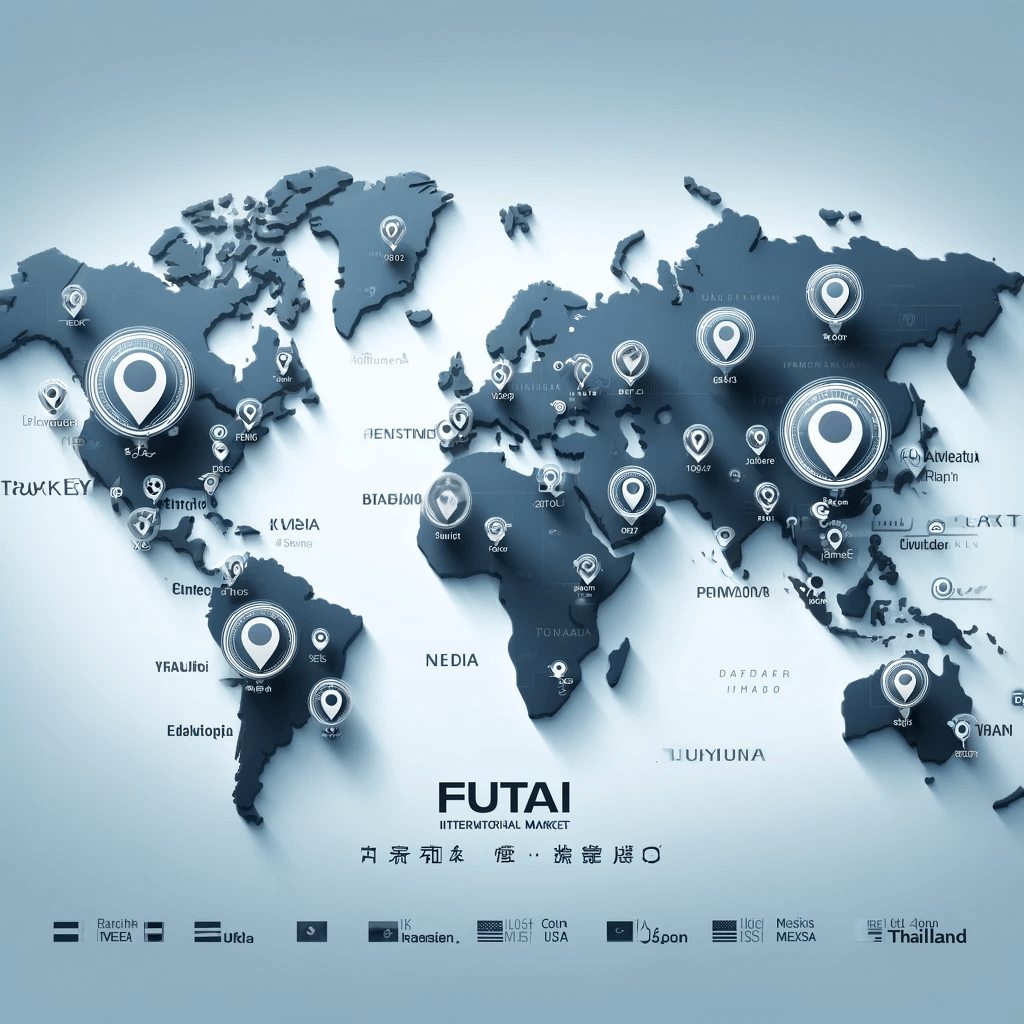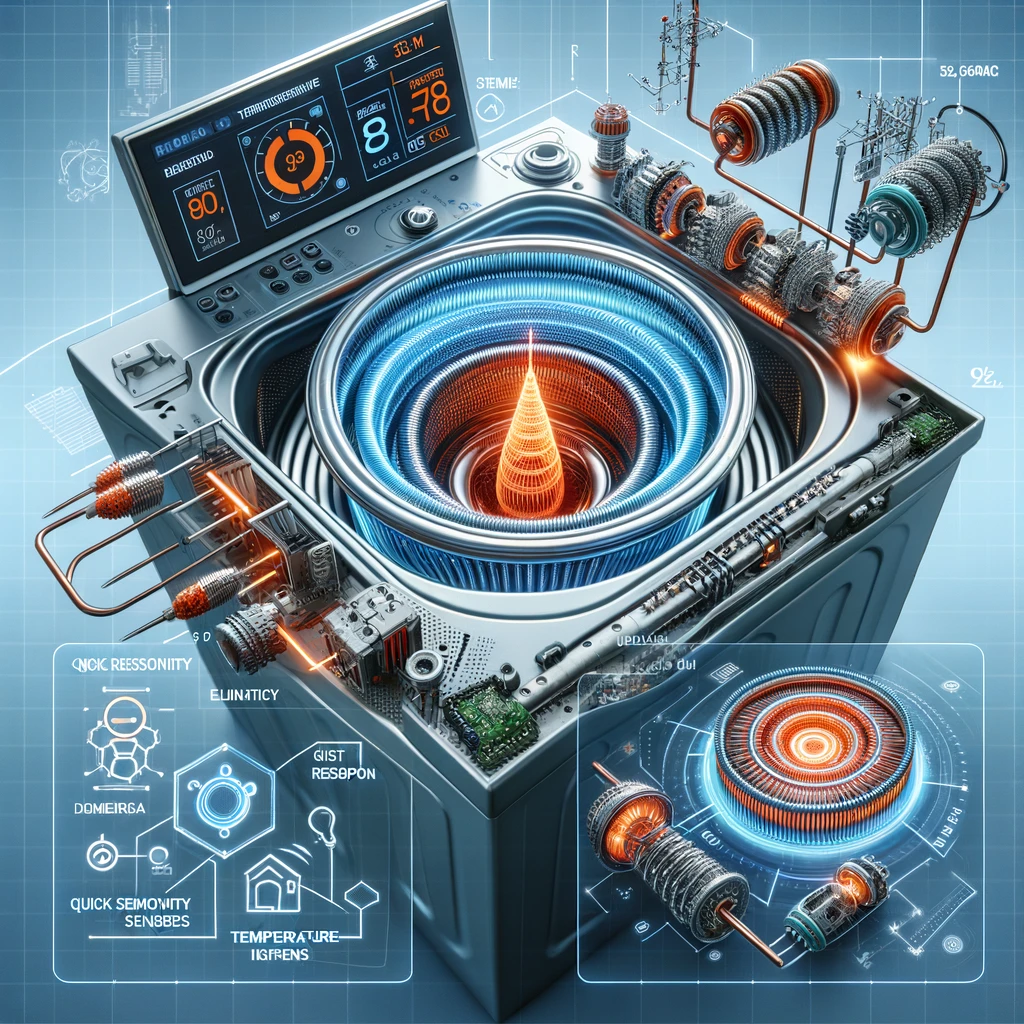Introduction
In the design and maintenance of electric heating equipment, insulation resistance is a crucial parameter for assessing the health of heating elements. The insulation megohmmeter is the primary tool for measuring the insulation state of equipment. Particularly during the rainy season, when environmental humidity significantly increases, the measurement and assessment of insulation resistance become especially critical. This article analyzes the impact of the rainy season on the cold insulation resistance of heating elements and discusses the reliability of measurements made with insulation megohmmeters.
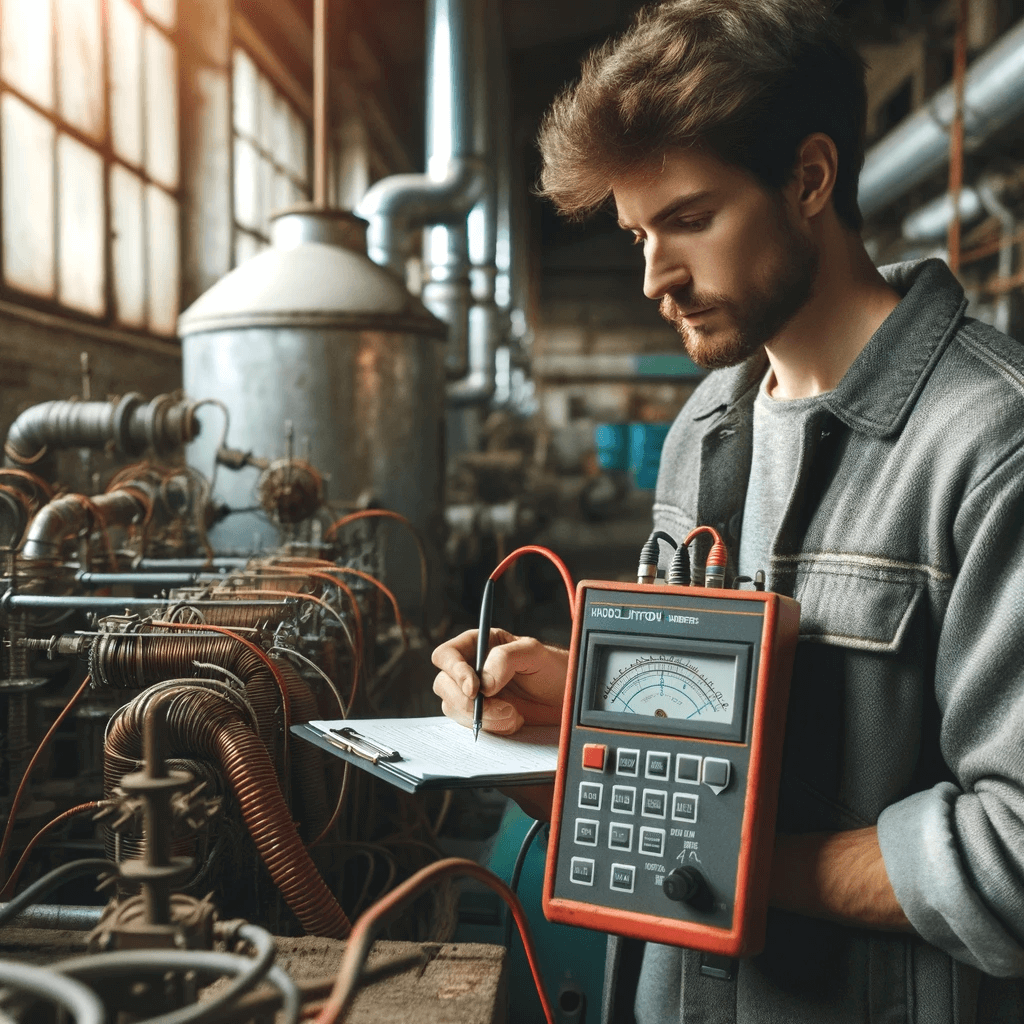
Basic Principles of Insulation Resistance in Heating Elements
The insulation performance of heating elements is evaluated by their resistance value, where a higher resistance indicates better insulation. The formula for measuring insulation resistance is:
\[ R = \frac{V}{I} \]
where \( R \) represents the insulation resistance, \( V \) is the voltage applied across the heating element, and \( I \) is the current flowing through the element.
Impact of Rainy Season Environmental Characteristics on Insulation Resistance
During the rainy season, increased air humidity leads to water vapor adsorption on the surface of heating elements, increasing surface leakage current. This leakage current reduces the measured value of insulation resistance. The relationship between insulation resistance and environmental humidity can be expressed by the following empirical formula:
\[ R_h = R_0 \cdot e^{-\alpha \cdot RH} \]
where \( R_h \) is the insulation resistance at a specific relative humidity \( RH \% \), \( R_0 \) is the insulation resistance under ideal dry conditions, and \( \alpha \) is a constant that indicates the degree of humidity’s impact on insulation resistance.
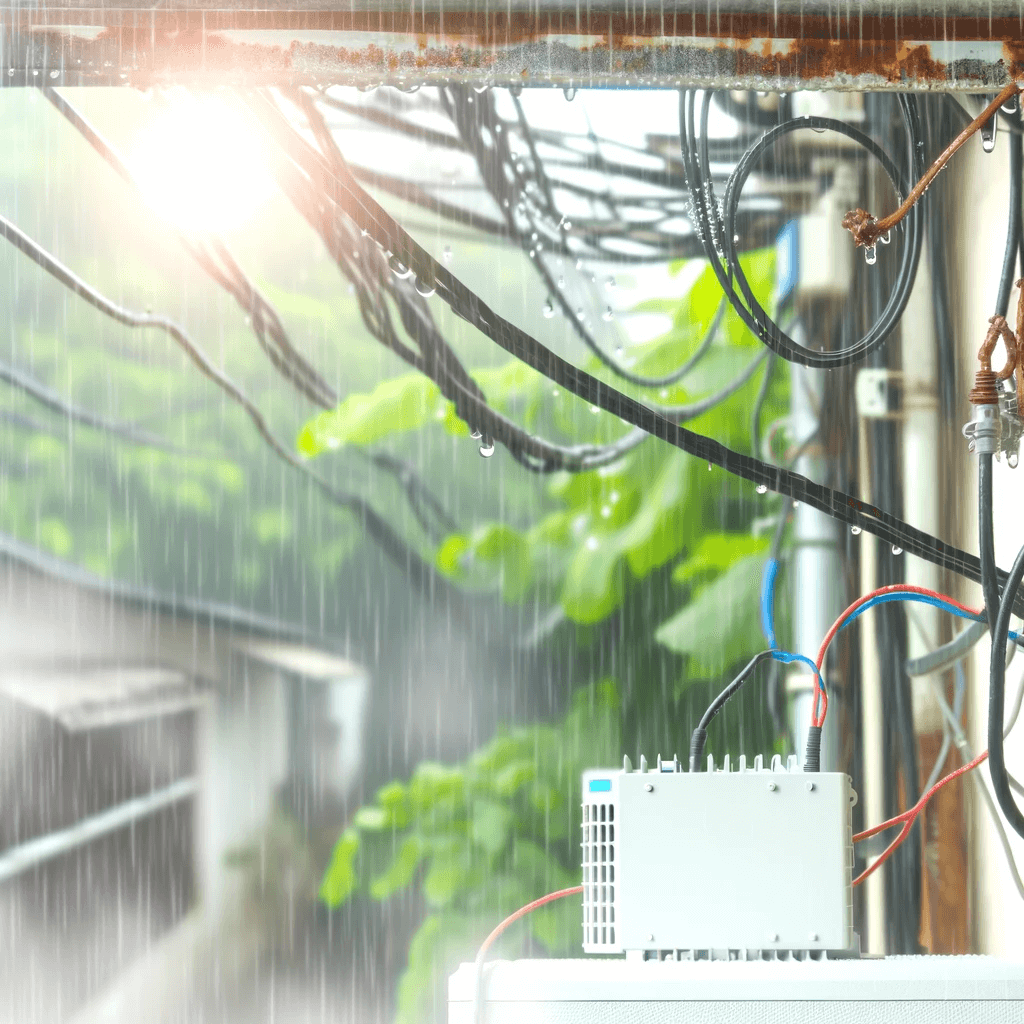
Measurement Methods and Reliability of Insulation Megohmmeters
Insulation megohmmeters typically measure insulation resistance by applying a high voltage (usually 500V or 1000V). During the rainy season, the repeatability and accuracy of these measurements may be affected. Higher humidity can increase surface leakage current, potentially resulting in a measured insulation resistance value lower than the actual value. To enhance measurement reliability, the following measures can be adopted:
– Properly dry the heating elements before measurement.
– Use insulation megohmmeters with high voltage filtering capabilities to minimize the impact of surface leakage current.
– Employ periodic measurement methods to analyze changes in insulation resistance over time, identifying potential abnormal leakage paths.
Conclusion and Recommendations
The rainy season poses challenges for measuring the insulation resistance of heating elements. High environmental humidity can reduce the cold insulation resistance of heating elements, impacting the safe operation of equipment. By optimizing the use of insulation megohmmeters and enhancing maintenance procedures, these challenges can be effectively addressed, ensuring the safety and reliability of electric heating equipment. It is recommended that maintenance personnel strengthen their understanding of the environmental impacts during the rainy season and take corresponding preventive measures to maintain good insulation performance of heating elements.
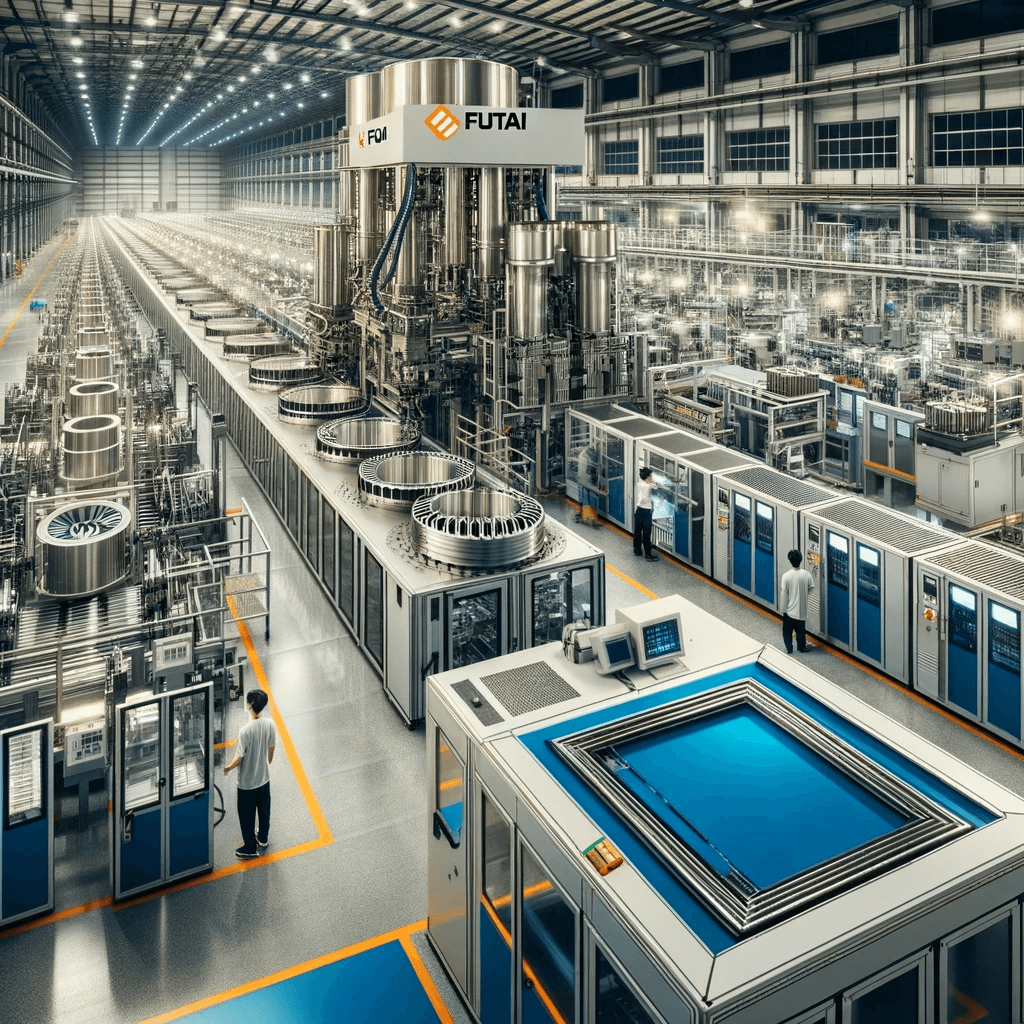
In this field, FUTAI (Tongli Machinery) has become a leader due to its deep technical accumulation and professionalism. Since its establishment in 1999, FUTAI, located in Huiyang District, Huizhou City, Guangdong Province, China, covers an area of 12,000 square meters with over 6,000 square meters of self-built plant space. As a large-scale professional factory that manufactures the whole set of automated heating elements machinery and intelligent assembly production line in China, FUTAI integrates R&D, production, marketing, and service, holding independent property rights for most of its machines.
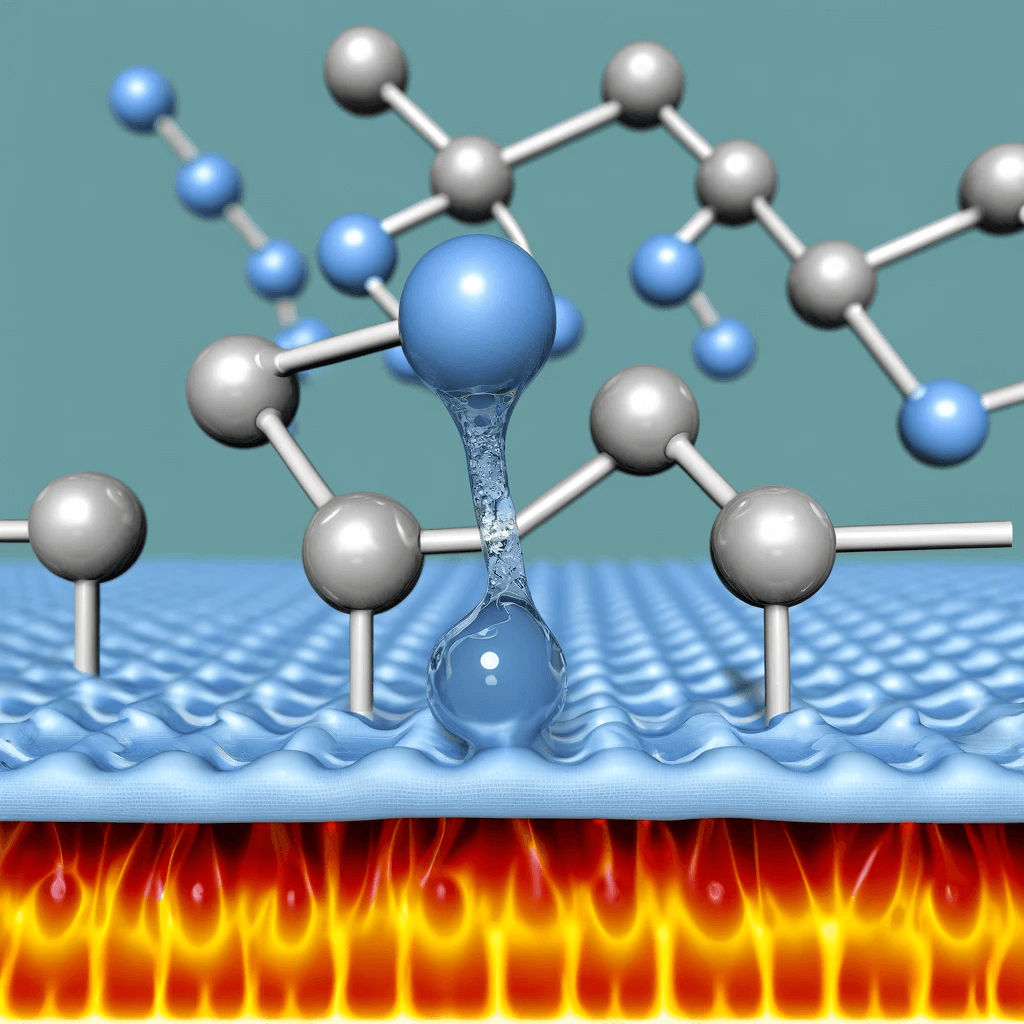
FUTAI not only supplies a large number of products to the domestic market but is also continuously expanding its influence in overseas markets in various countries, including Turkey, India, Russia, Brazil, the US, Mexico, Japan, Thailand, and more. Tongli Machinery is committed to continuously upgrading products and improving product quality, looking forward to cooperating with both regular and new customers to create a bright future. This ongoing innovation and pursuit of high quality ensure its leading position in the development and manufacturing of heating element equipment.

